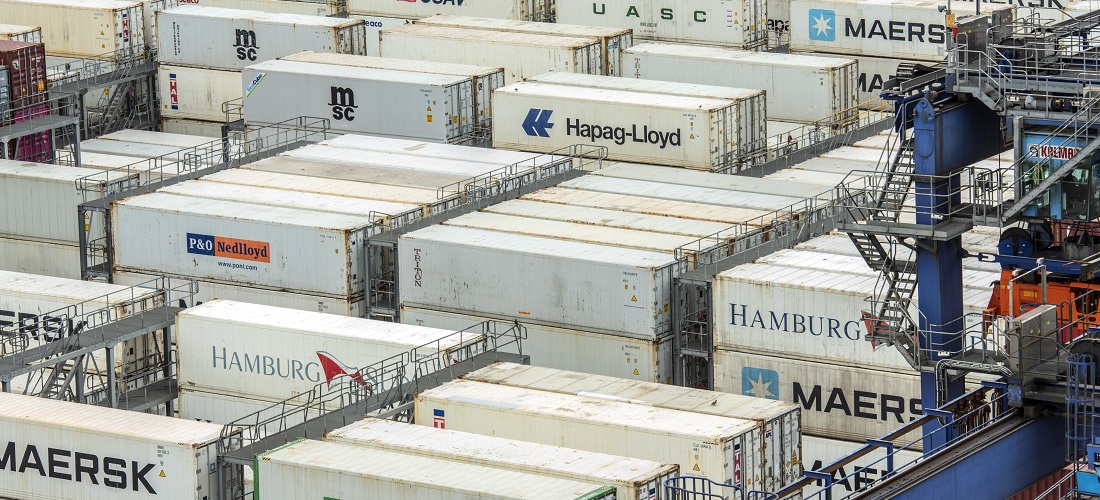
Brazil exported 30% less meat to Arab countries between Jan-Sept 2020
Oct, 27, 2020 Posted by Ruth HollardWeek 202045
Despite the group of Arab countries collectively being Brazil’s second main agricultural trading partner, they have shown a strong retraction in the purchase of Brazilian meat in 2020. After their imports grew by 200% in the last ten years, beef shipments fell by almost 30% in the first nine months of the year when compared to the same period last year. In the meantime, chicken shipments shrank 18.5%. It was not that the Arabs lost their appetite, nor reduced their demand: orders collapsed because global logistics were disrupted by the pandemic and China’s enormous purchasing power.
“We are in an atypical year. Exports were greatly impacted by the pandemic and economic relations did not go as we expected, “says Tamer Mansour, Secretary-General of the Arab-Brazilian Chamber of Commerce (CCAB). In addition to the lack of refrigerated containers in the global market, the Chinese grabbed a larger share of Brazilian meat. “It was a commercial and competition issue,” says Mansour.
Since Brazil imports little from the Arab market, the ships return empty, adding costs to those already inflated by the chaotic logistics imposed by the pandemic. While refrigerated vessels were lacking for transporting meat, containers for this type of cargo were left in the port of Shanghai.
Another factor was the strong demand from China, which, in addition to being the largest importer of Brazilian meat, also bought 15% of all the chicken that the United States placed on the foreign market. Trade friction between the two countries led the Chinese to reduce business with the Americans and to increase purchases from Brazil. The result was a lower share going to Arab countries.
Figures from the CCAB show that between January and September, there was a 28.2% decrease in beef shipments in relation to the same period in 2019 of 211,760 tons. Revenue fell 21% to US$ 763.5 million. As a result, the Arab countries’ share and volume of Brazilian global exports decreased by 9.3% and 0.7%, respectively.
Chicken shipments shrank 18.5% in revenue, to US$ 1.5 billion and volume decreased by 5.8% for the period. However, the global share in turnover decreased by 25.8% and in tons, it decreased by 7.9%. In the same period, total shipments of Brazilian beef increased by 10% in volume and 20% in revenue, totaling 1.4 million tons and US$ 6.1 billion in revenue, according to ABIEC (the Brazilian association of exporting industries).
“China is the main importer of beef with Egypt in second place. They are followed by Chile, Russia, and the United States”, says Antonio Jorge Camardelli, President of ABIEC. Among the Arab countries, the main importer of Brazilian chicken is Saudi Arabia, followed by the United Arab Emirates, Egypt, and Kuwait. The Arab market is important to Brazil, says the executive, with enormous growth potential. “If the scenario had been as we expected at the beginning of the year, instead of a decrease, we would have registered growth of 12%-15% for poultry and 25% or more for beef, ”says Mansour.
See the graph below for the main destinations for meat exported by Brazil in the comparison between January and August 2019 and 2020:
Brazilian Meat Exports (HS 0202, 0203, and 0207) Top 10 Destinations | Jan to Aug 2019-2020 | TEU
Source: DataLiner (To request a DataLiner demo click here)
Expectations rested heavily on the reopening of new markets, such as Egypt, Kuwait, Qatar, and others. Egypt, for example, has licensed 42 new Brazilian slaughterhouses to supply meat: 27 for chicken, and 15 for beef. They also renewed the licenses of 95 companies: 82 for beef and 13 for chicken.
Mansour sees the year ahead with optimism. “I see 2021 as a very promising year with an expansion in exports and good strategic partnerships, with an increase in investments by both parties”, he predicts. “We have many requests for information from Arab countries wanting to import more. And Rio Grande do Sul is extremely important in these relationships ”, says the CCBA secretary.
Source: Valor Econômico
-
Ports and Terminals
Jul, 29, 2022
0
Agribusiness operations raise Port of Santos throughput to new record levels
-
Grains
Feb, 18, 2025
0
Rondônia’s Coffee Exports Soar 645% in 2024, Ranking Among Brazil’s Top Producers
-
Grains
Nov, 12, 2024
0
Rice Exports Drop 40% in October, Says Abiarroz
-
Ports and Terminals
Oct, 17, 2024
0
Bulk Carrier That Struck Rio-Niterói Bridge Departs for Turkey After Two Years

